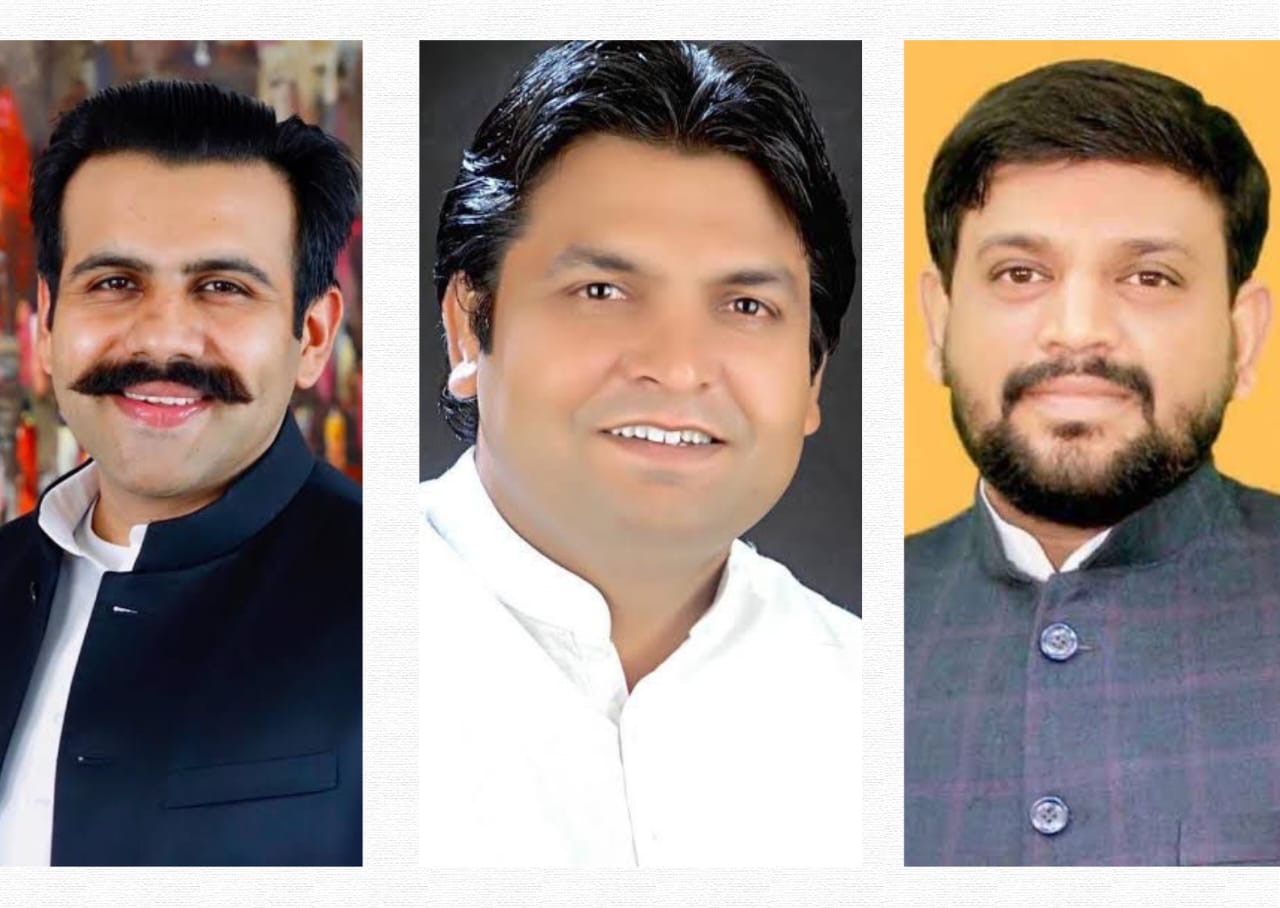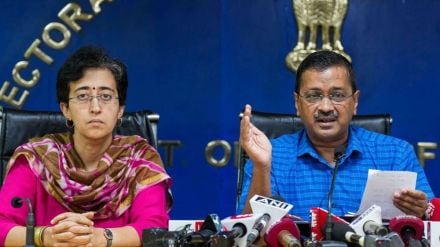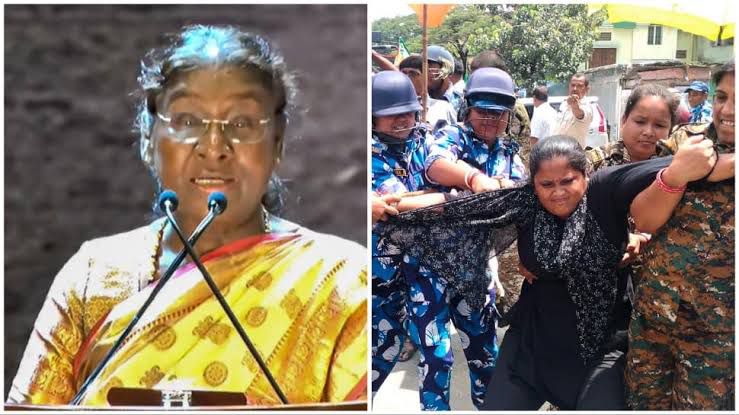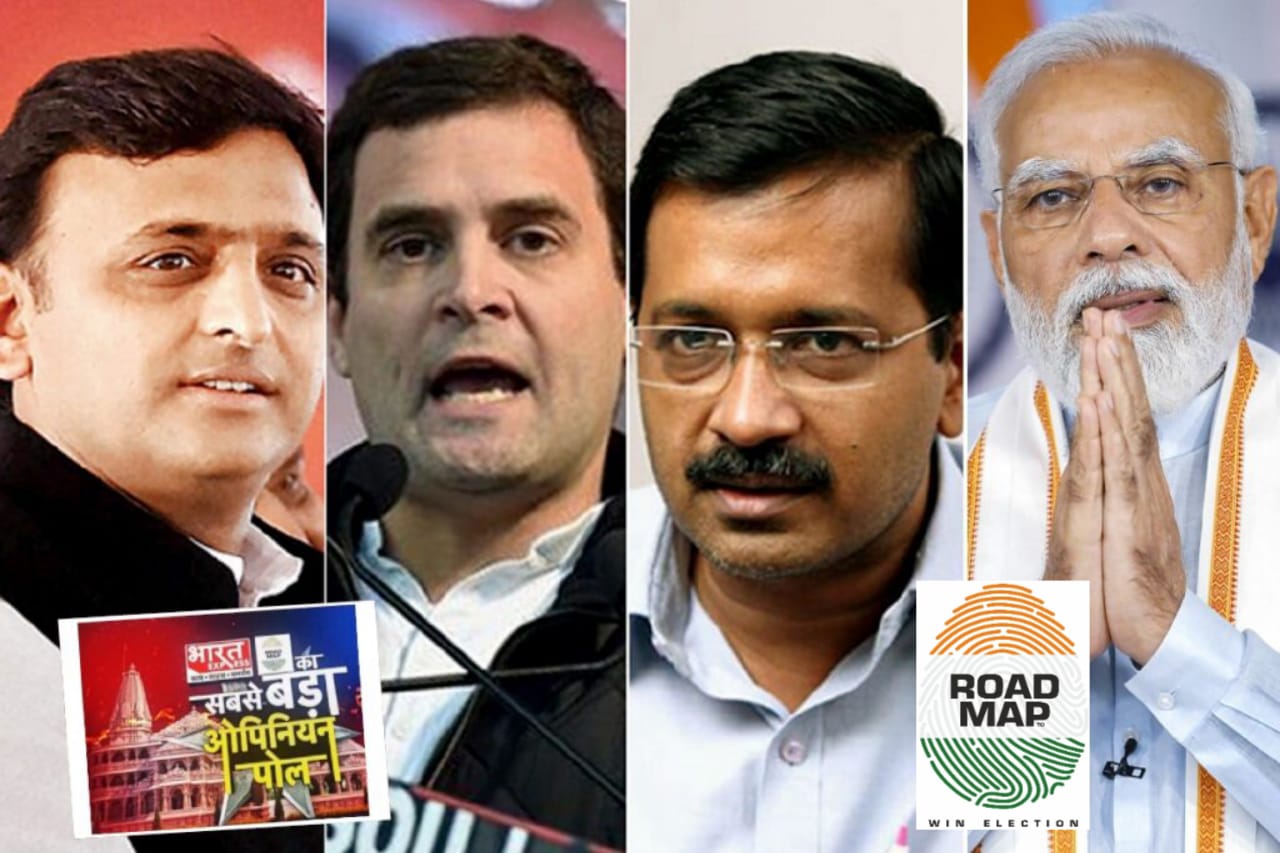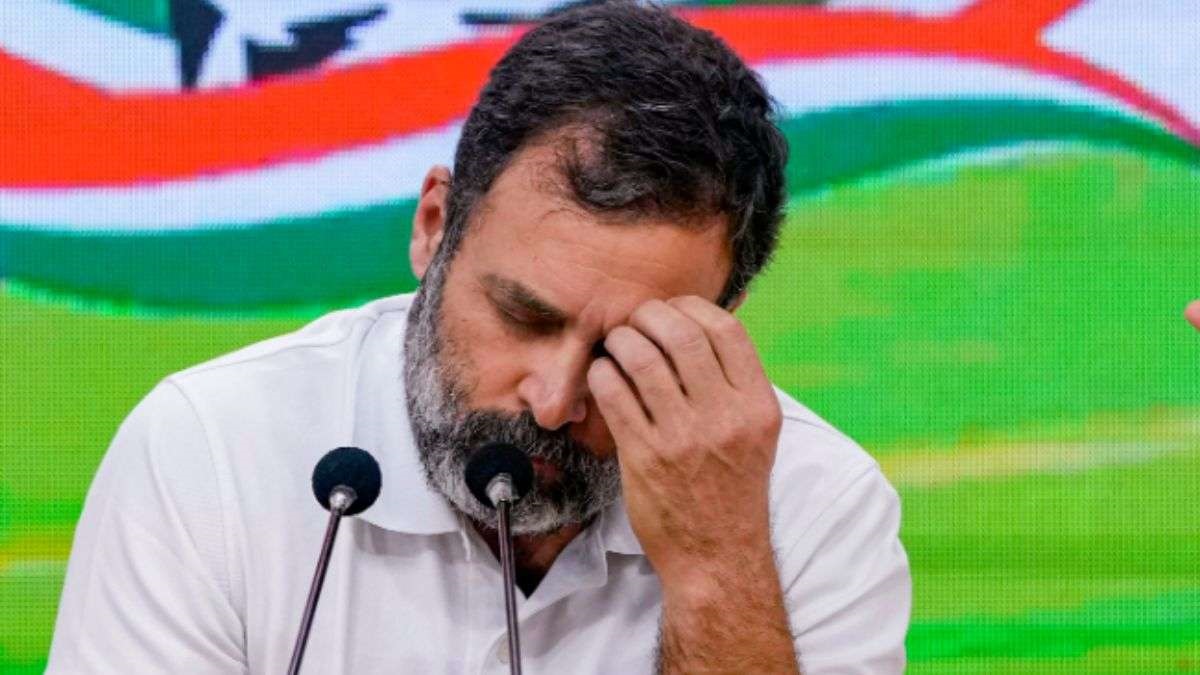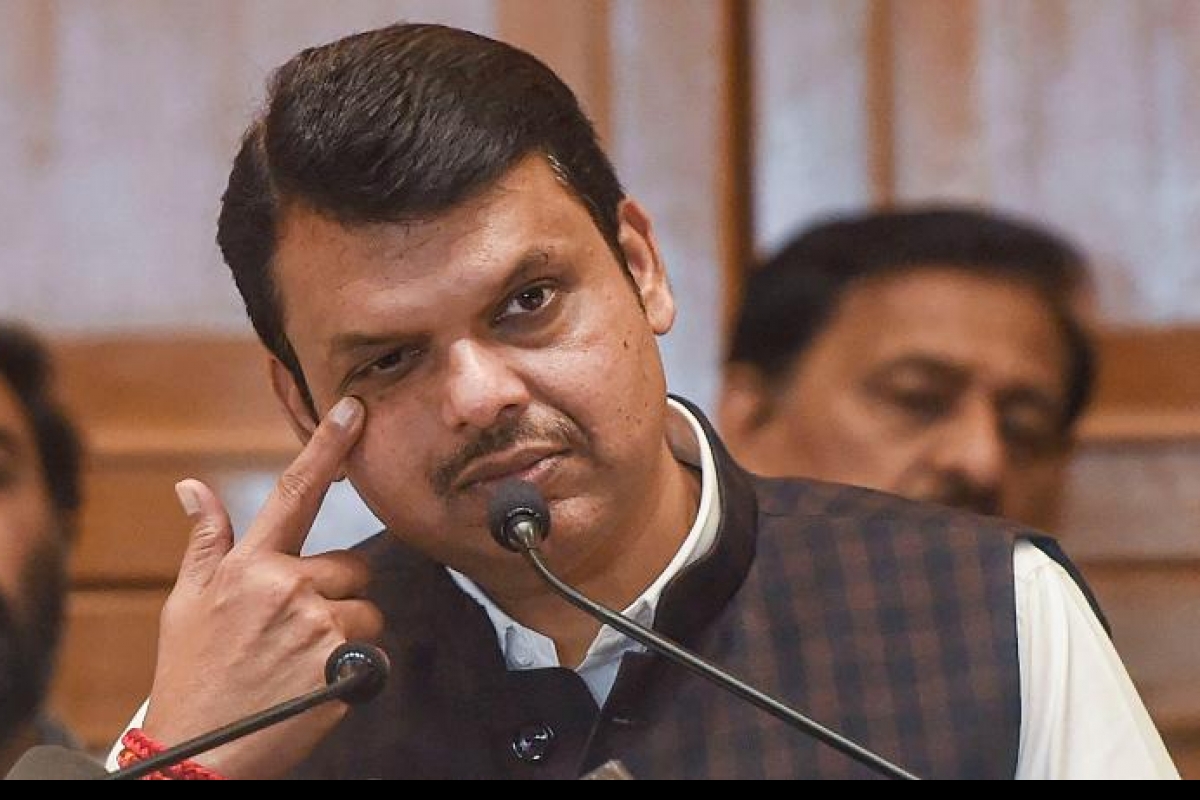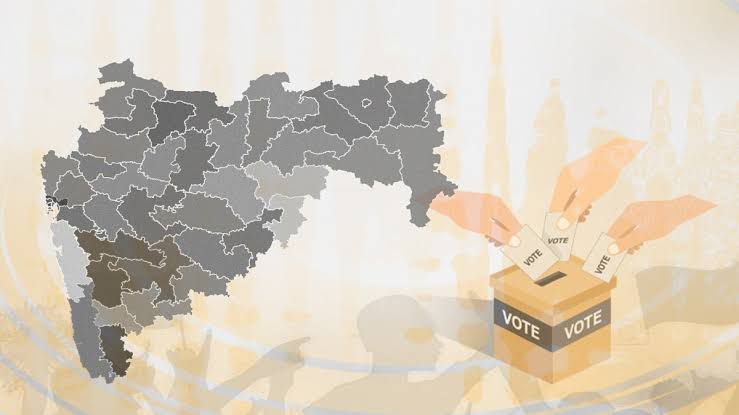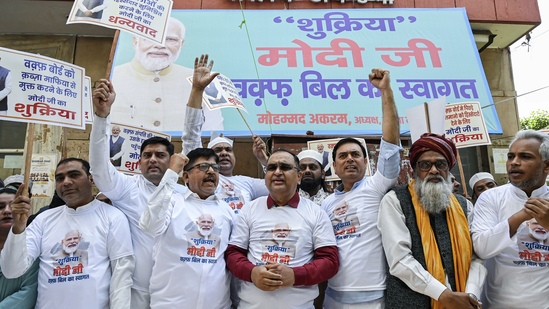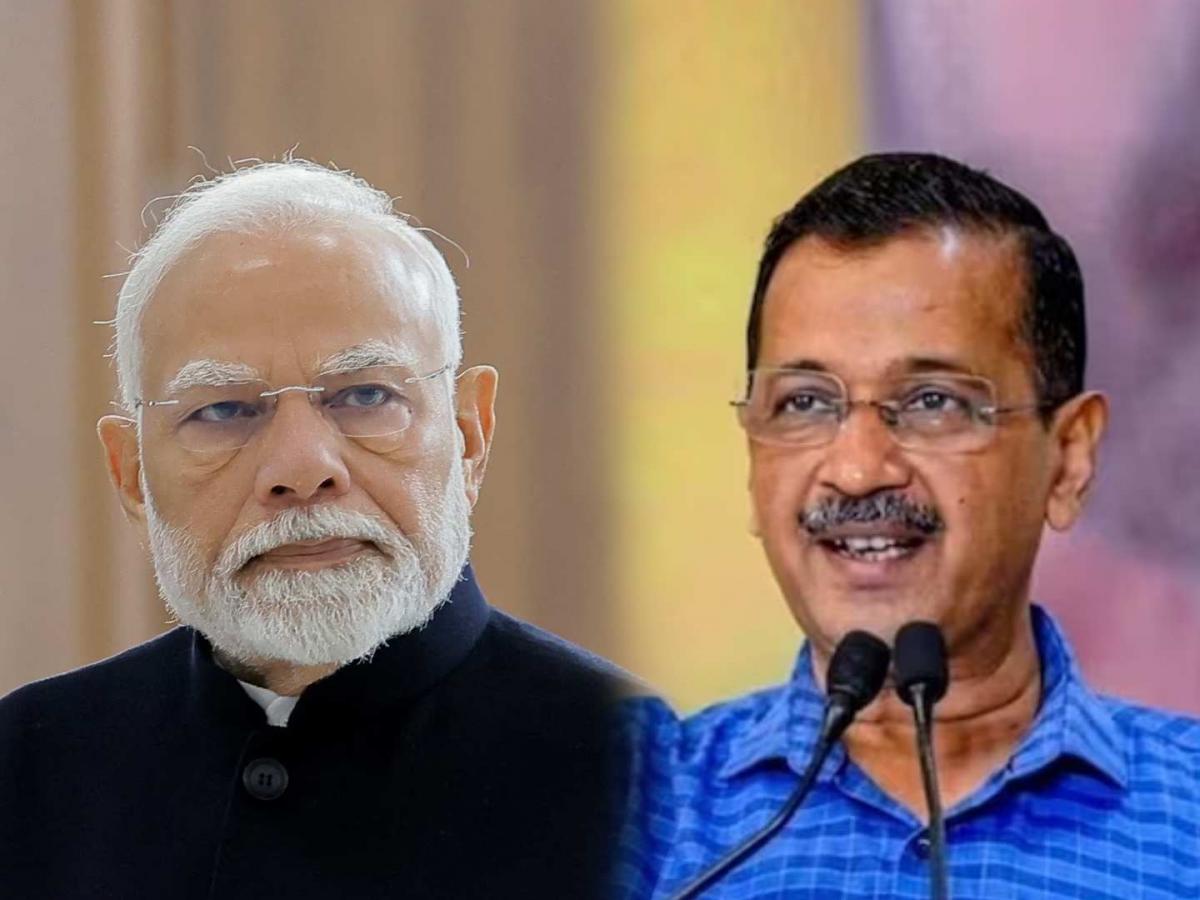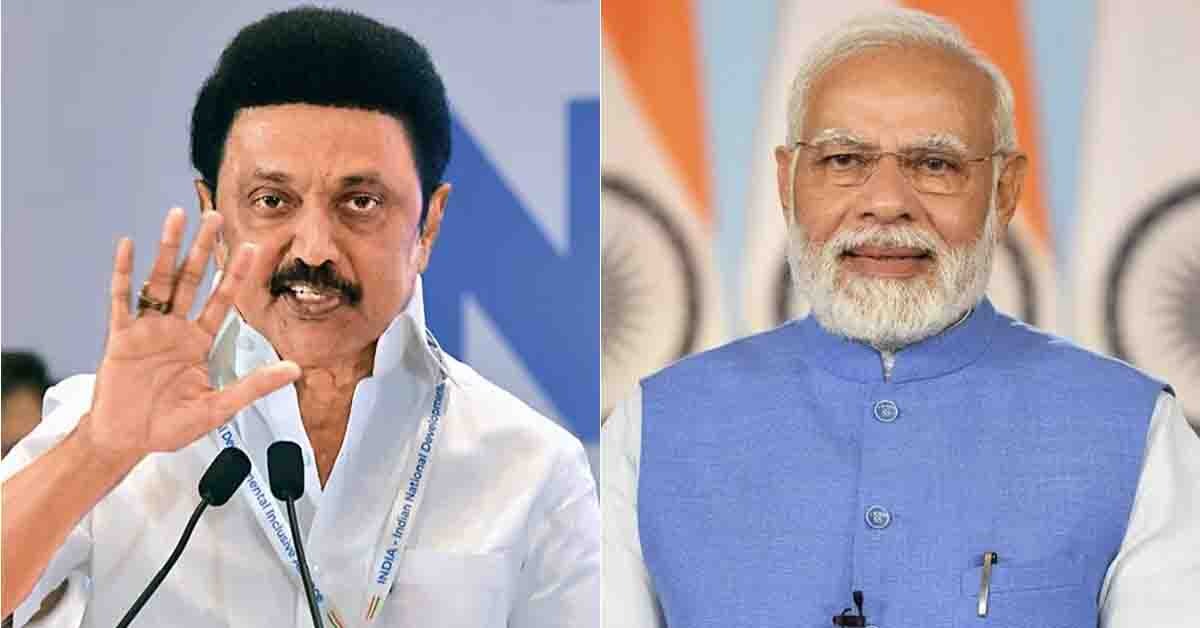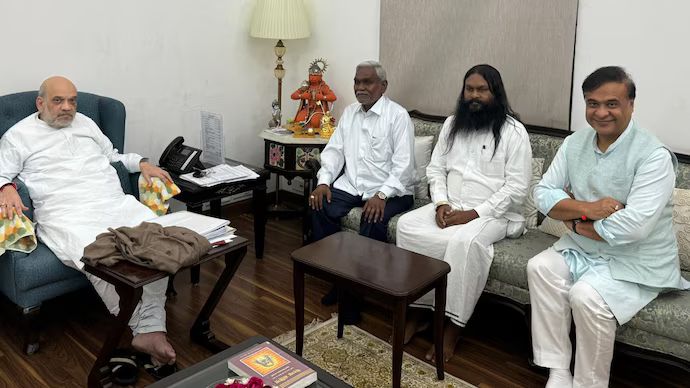President Droupadi Murmu’s recent statement on the appalling rape-murder case of a junior doctor in Kolkata serves as a potent reminder of the persistent scourge of violence against women. Her impassioned plea for national introspection and decisive action underscores the urgent need to confront deep-seated societal prejudices. However, the political dynamics surrounding this tragedy—particularly the maneuvers by the Bharatiya Janata Party (BJP) and the reaction of West Bengal Chief Minister Mamata Banerjee—expose a troubling dimension of this crisis.
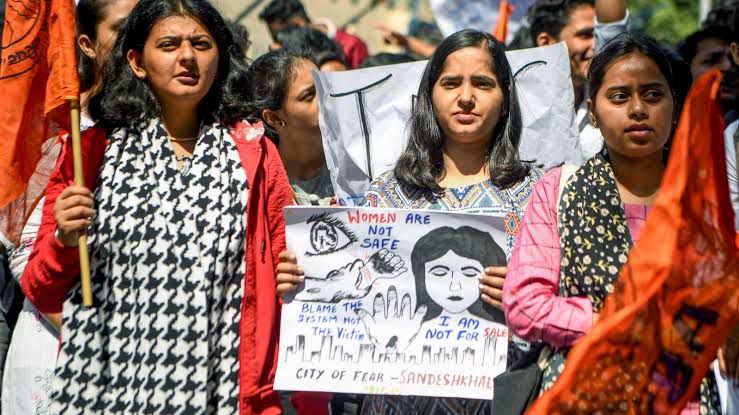
Murmu’s statement, titled “Women’s Safety: Enough is Enough,” articulates a profound sense of disillusionment with the state of women’s safety in India. The President’s call for a societal reckoning with entrenched misogyny and systemic failures resonates with the widespread outrage that has erupted in response to the Kolkata incident. This tragic event, which has ignited protests among doctors and students alike, has once again highlighted the fragility of women’s security despite numerous legislative and social reforms.
In a disturbing twist, political actors have seized upon this crisis to further their own agendas. The BJP, leveraging its political capital, has been vocal in criticizing the West Bengal government’s handling of the situation. The party’s local cadres have been actively involved in mobilizing support and emphasizing the state’s failures. The BJP’s strategy appears twofold: to amplify the crisis to galvanize support and to create a platform for political leverage in the run-up to future elections.
On the other hand, Chief Minister Mamata Banerjee’s recent comments reflect a defensive stance, warning of a potential spread of unrest beyond West Bengal if the situation deteriorates further. Her remarks underscore the delicate balance between addressing public outrage and managing political fallout. Banerjee’s rhetoric also reveals the apprehension that heightened tensions could have far-reaching consequences, possibly exacerbating regional instability.
The confluence of these political maneuvers raises critical questions about the role of governance and political strategy in addressing such grave issues. The BJP’s instrumentalization of the tragedy for political gains and Banerjee’s defensive posture both risk overshadowing the core issue: the imperative to ensure justice for the victim and to foster a safer environment for women across the nation.
The broader question looms large—will this tragedy merely become a tool for political advantage, or will it serve as a catalyst for genuine reform? The risk is that the focus may shift from meaningful change to political posturing. The BJP’s actions might be construed as a prelude to more drastic measures, potentially even advocating for central intervention in West Bengal’s governance.
It is incumbent upon all stakeholders, including the central and state governments, to rise above partisan considerations and engage in a concerted effort to address the underlying causes of violence against women. The President’s call for a cultural shift towards remembrance and vigilance is a clarion call for society to transcend its historical amnesia and confront its collective failures.
As the nation grapples with this grim reality, it is crucial to prioritize the victim’s memory and strive for systemic reform over political expediency. Only through a united and sincere approach can India hope to emerge from this crisis with a renewed commitment to women’s safety and justice.

